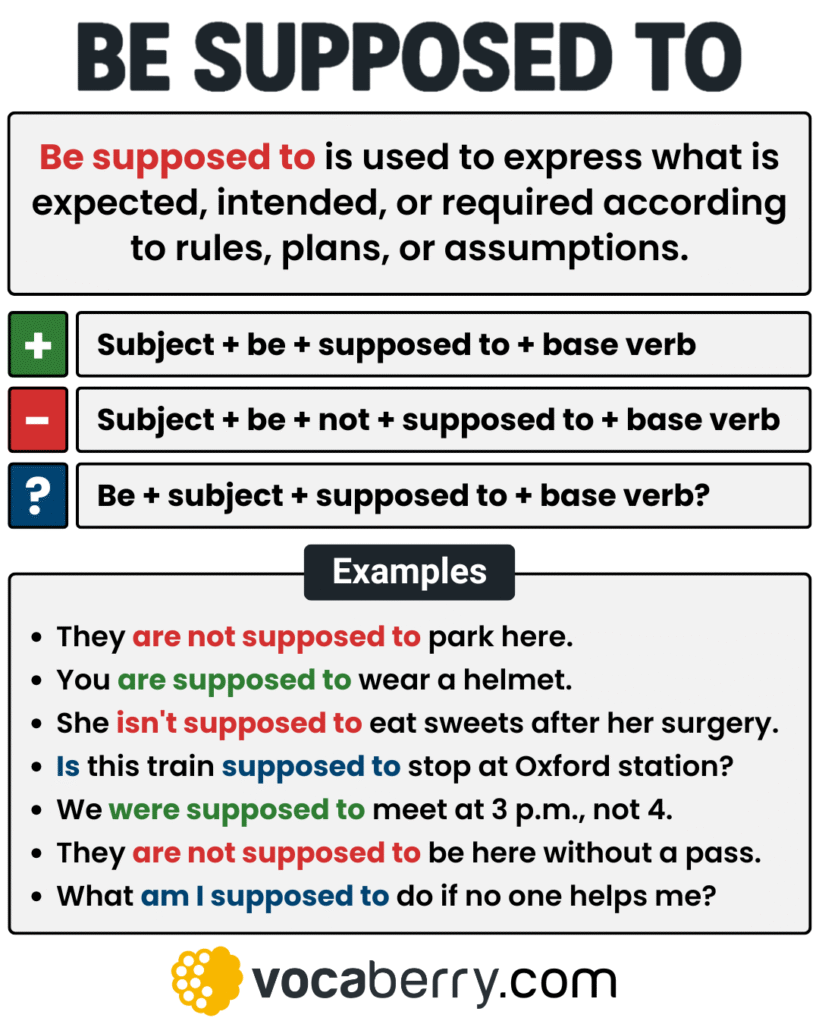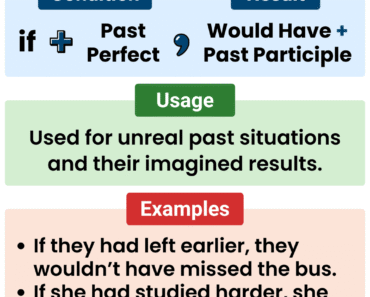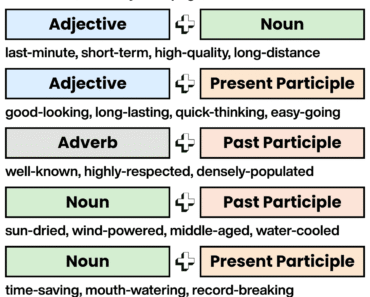
Be supposed to is a fixed expression in English used to describe what people are expected or required to do, or what is intended or scheduled to happen. It can refer to rules, social expectations, responsibilities, or plans, especially when those plans don’t go as expected.
In this guide, you’ll learn the definition, structure, uses, and examples of “be supposed to” to understand how and when to use it in English.
What Does “Be Supposed to” Mean?
Be supposed to is a common structure in English used to express what is expected, required, or planned. It often refers to rules, responsibilities, or things that were intended to happen, especially when those things didn’t go as planned. The phrase is formed using the verb “to be” followed by “supposed to” and a base verb. It can be used in the present, past, or sometimes even the future, depending on the form of “to be”.
Examples:
- Am I supposed to fill out this form?
- You’re supposed to turn off your phone in class.
- She was supposed to email me yesterday.
- We’re supposed to be there by 8 PM.
Structure of “Be Supposed to”
The structure depends on the verb “to be,” which changes with the subject and tense. It’s followed by “supposed to” and a base verb to show present, past, or future meaning.
Affirmative Form
This form is used when someone is expected or intended to do something. “Be” is conjugated by subject and tense, followed by “supposed to” and the base verb.
Structure: Subject + be + supposed to + base verb
Examples:
- I’m supposed to help my sister with her homework.
- She is supposed to arrive at 10 AM.
- We were supposed to meet them yesterday.
- They are supposed to bring their own laptops.
Negative Form
This form is used when something is not allowed, expected, or planned. “Not” comes after the correct form of “be.”
Structure: Subject + be + not + supposed to + base verb
Examples:
- You’re not supposed to eat in the lab.
- He is not supposed to drive yet.
- I wasn’t supposed to see that document.
- They were not supposed to come this early.
Question Form
This form is used to ask whether something is expected, allowed, or scheduled. The verb “be” comes before the subject, just like in most yes/no questions.
Structure: Be + subject + supposed to + base verb?
Examples:
- Are we supposed to bring our own materials?
- Is she supposed to be working today?
- Was I supposed to call you back?
- Were they supposed to attend the meeting?
Uses of “Be Supposed to”
Let’s explore the main purposes and meanings behind this structure:
1. Expectations and Rules
This use shows what people are expected to do based on rules, customs, or agreements, not personal choice. It reflects social norms or official policies.
- You’re supposed to wear shoes inside the restaurant.
- Cars are supposed to stop at red lights.
- She’s supposed to clock in at 9:00 AM.
2. Duties and Responsibilities
“Be supposed to” describes what someone is responsible for in their job or routine. It’s similar to “have to” or “expected to,” but sounds softer or less direct.
- He’s supposed to supervise the team.
- Teachers are supposed to prepare lessons in advance.
- I’m supposed to manage the company’s social media.
3. Plans or Intentions That Didn’t Happen
In the past tense, it shows something that was planned or expected but didn’t happen. It often expresses regret or unmet expectations.
- We were supposed to go out for dinner, but he got sick.
- She was supposed to send the email, but she forgot.
- I was supposed to call my boss, but I missed the time.
4. Indirect Advice or Instructions
This form is used to give polite instructions or reminders without sounding too direct. It’s useful for softening commands or correcting behavior.
- You’re supposed to read the instructions first.
- You’re not supposed to shout here.
- You’re supposed to clean up after yourself.
Examples of “Be Supposed to”
- I’m supposed to meet my friend at 6 PM.
- You aren’t supposed to park here. It’s for emergency vehicles.
- He is supposed to call me after the meeting.
- We were supposed to finish the project last week.
- Is she supposed to start work today?
- They are supposed to wear uniforms at school.
- You’re not supposed to use your phone during class.
- I was supposed to call my mom, but I forgot.
- It is supposed to rain later today.
- The guests were supposed to arrive at noon.
- I’m supposed to submit the form by Friday.
- She was supposed to send the report, but didn’t.
- We are supposed to bring our own laptops.
- Am I supposed to wait here?
- You aren’t supposed to open that door. It’s for staff only.
- The team is supposed to practice every Monday.
- They were supposed to fix the internet yesterday.
- What time are we supposed to check in?
- He was supposed to pick me up at 7, but he’s late.
- You’re supposed to knock before entering.






